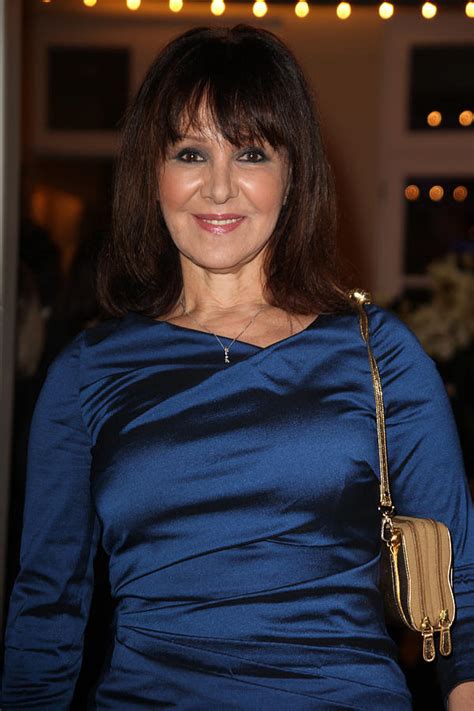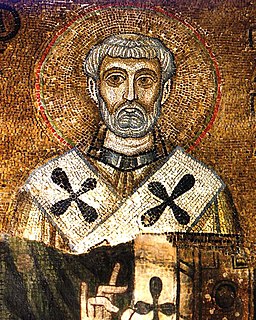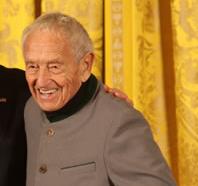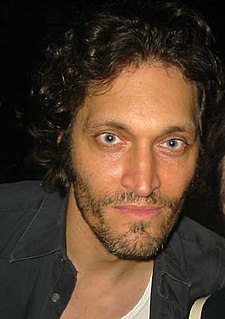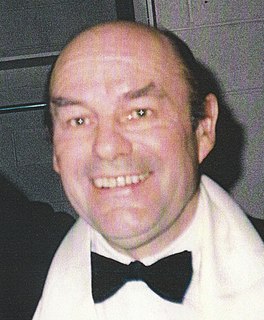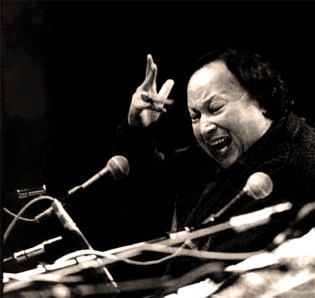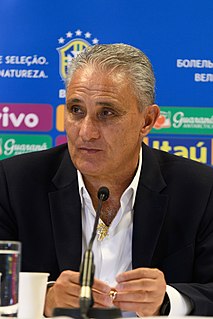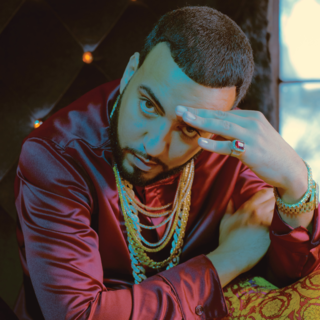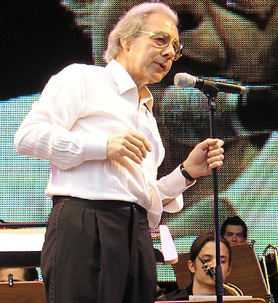A Quote by Robert Harris
My father left school at 14, my mother at 13. My father was clever and well-read. He took a newspaper, always watched the news, discussed it all the time.
Related Quotes
... if we say that the Father is the origin of the Son and greater than the Son, we do not suggest any precedence in time or superiority in nature of the Father over the Son (cf. Jn. 14:28)? or superiority in any other respect save causation. And we mean by this, that the Son is begotten of the Father and not the Father of the Son, and that the Father naturally is the cause of the Son.







